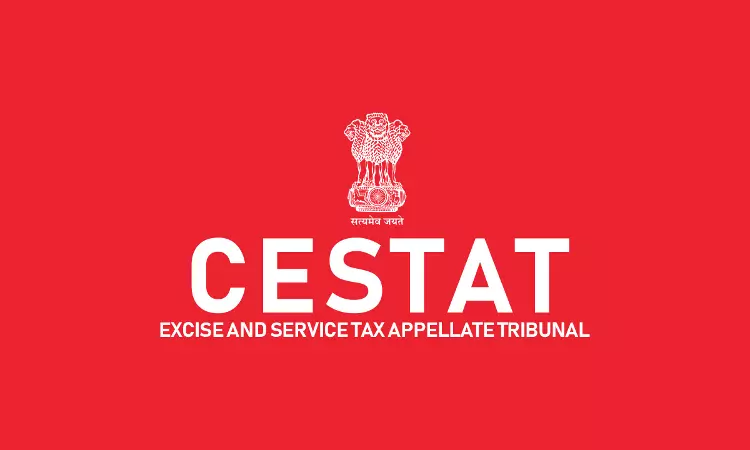Assessee Is Not Responsible For Disclosing Individual Transactions In ST-3 Returns: CESTAT
Mehak Dhiman
15 Nov 2024 10:30 AM IST

Next Story
15 Nov 2024 10:30 AM IST
The New Delhi Bench of Customs, Excise, and Service Tax Appellate Tribunal (CESTAT) has stated that ST-3 Return does not require transaction wise details. There is neither any responsibility on the assessee nor any scope to disclose individual transactions in the ST-3 returns. The Bench of Justice Dilip Gupta (President) and P.V. Subba Rao (Technical Member) has observed that “it...
